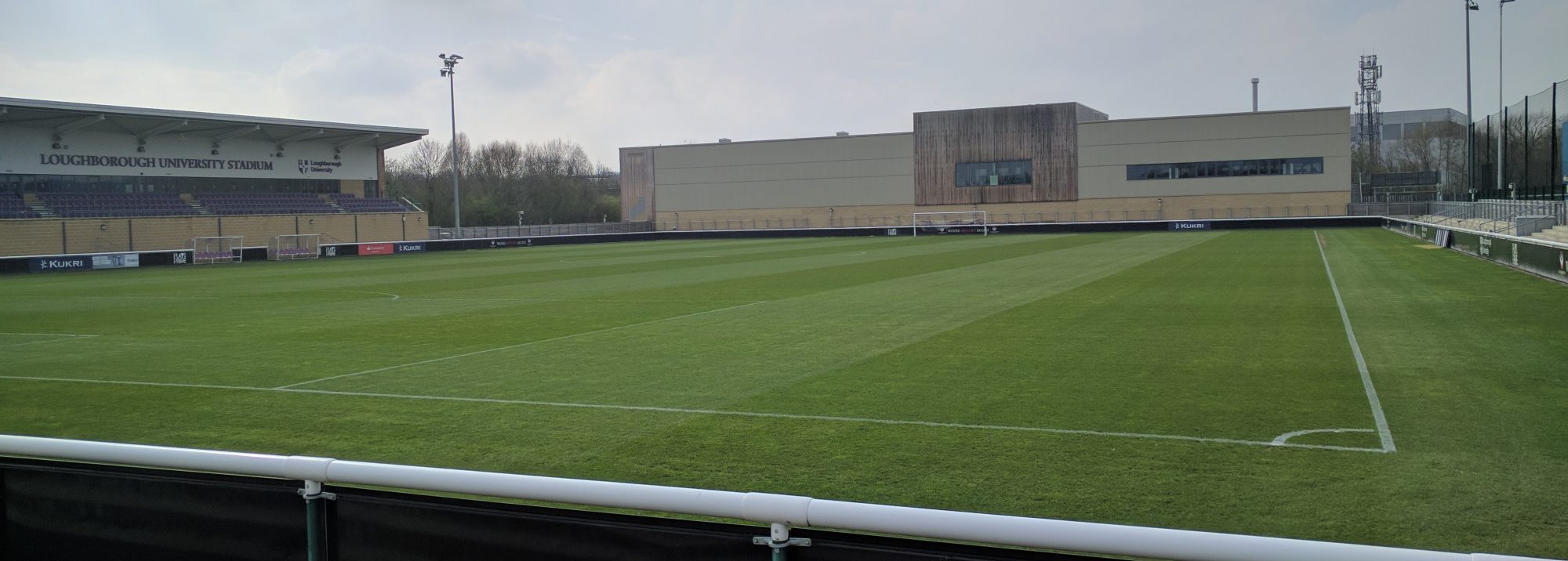LUCU Statement on Anti-Racism
12.06.2020
Black Lives Matter protests in the past week across the United States and worldwide have demonstrated international resistance to, and outrage against, police and white supremacist murders of Black people, most lately George Floyd, Breonna Taylor, Ahmaud Arbery, and Tony McDade, as well as David McAtee and Jamel Floyd who were killed by police during the protests. Many people who want to condemn racism and show support for the Black Lives Matter cause have been asking “What can I do?”
First, it is important that we do not tell ourselves that this problem exists only in the USA. As a colonising nation Britain has a deeply problematic track record with race relations, which is far from over, as evidenced by the recent Windrush scandal, ongoing police brutality and racism, racialised unequal COVID19 health outcomes, including the condemnable deaths of Belly Mujinga and Trevor Belle, Black British essential workers, both of whom were assaulted at work and later died of COVID19. We should recognise that the legacy of colonialism, including structural and interpersonal racism (overt and covert), anti-Blackness, shadeism and colourism, lives on across Europe and worldwide.
Second, we can call attention to the issue. In particular, we believe it is the role of white people, and those whose racial backgrounds put them in closer proximity to whiteness, to use their relative privilege and safety to amplify Black voices and advocate for change. The ability to ignore this issue and believe it does not concern you is one way that structural racism is perpetuated. In response to this moment, it is not enough to be “not racist”. We must be “anti-racist”.
Third, we can acknowledge and understand the history that has made it necessary to demand in this moment that Black lives do matter. Racial inequality in the world today is the outcome of historical processes, producing structural racism benefiting white people, while othering and discriminating against those who are not white.
Finally, we can recognise that many Black colleagues and students, and those of mixed Black heritage are currently experiencing trauma, anger and exhaustion, as a result of the combination of everyday racism, the disproportionate health impacts of COVID19 on communities of colour, and the heightened racialised violence, pressure and anxiety of this moment. The LUCU committee extends to them our care and concern, and we urge supervisors and peers to please be mindful of and compassionate to these circumstances.
We welcome the articulate response from Loughborough University and its commitment to recognise its part in the problem and dedication to being part of the solution, as well as the Vice-Chancellor’s recent statement in which he centres the importance of challenging racism, and positioning the university as anti-racist. LUCU are also committed to (1) working closely with the BME staff network to address issues of racism within the union, and (2) continuing to engage with university management to improve staff experiences in a way that is cognizant of the specific issues faced by Black staff, staff of colour and minority backgrounds. In addition to anti-Black racism, we also wish to speak out against the everyday Sinophobic and Islamophobic racism against Asian and Muslim colleagues and students on campus and in Loughborough, which has increased due to COVID19, and the ongoing challenges of the hostile environment for immigration that affects our international colleagues.
We invite all members of our University community, but particularly those who are white, to respond to this opportunity to listen, learn and take action. Below we provide a range of suggestions, some which can be done for free in seconds, others which ask you to invest some money or time. While some of the resources were developed in the US, this does not mean they are irrelevant to us in the UK.
- Sign and share petitions
- US Justice for George Floyd, Breonna Taylor (no arrests or charges have yet been made in her death) and Tony McDade
- UK Justice for Belly Mujinga
- Make donations and encourage others to donate, for example, to emergency bail funds to help protestors who are arrested; to the families of Breonna Taylor, Belly Mujinga and Trevor Belle, UK anti-racism charities or Black mental health services
- For white colleagues:
- Do not ignore, but please stop circulating graphic images of violence against Black people. The images have served their purpose of raising awareness and are now triggering collective trauma. We encourage you to take 5 minutes to read this thread by disaster management expert Dr Addy Adelaine about ways you can avoid causing more harm in this situation.
- Do not reach out to ‘check on’ Black people with whom you do not already have ongoing, close relationships. This is unhelpful and can ask more labour of them. If you want to helpfully check on Black family or friends, this thread may help.
- Listen to Black and people of colour (but don’t make them do the work for you). Listen to those in your life and those responding to the situation in the media. Listening means de-centring yourself, your feelings and your own experiences. Take on board what people are saying and accept their accounts and analyses of their lived experiences, without interrupting, interrogating, casting doubt, or offering criticism – even if this is intended to be helpful. Do not make this moment about you.
- For Asian colleagues and those of other ethnic minorities: learn about the UK’s complex history of political Blackness. Use the resources below to help you examine your privileges and relationship to whiteness, including complicity and participation in anti-Blackness, and work to challenge anti-Blackness in yourself, your families and wider communities.
- Read a book, and/or organise a discussion or reading group:
- Why I’m No Longer Talking to White People About Race by Reni Eddo-Lodge discusses hidden histories and why Black people do not owe white people patience and education. It is particularly useful if you want to learn more about racism in the UK. There is a summary piece available for free from The Guardian.
- How to Argue With a Racist by Adam Rutherford is a short accessible and entertaining book that will dismantle much of what you thought you knew about the biology and genetics of race. (Spoiler: there are no discernible categories of race, and there is greater genetic diversity within each racial group itself than between groups).
- Superior by Angela Saini documents the worrying re-emergence of race science and its links to the political rise of the far right in the 21st century.
- Me and White Supremacy by Layla F. Saad is a more action-oriented workbook option for those who want to take steps to reduce their complicity in racist structures.
More recommended books available here.
- Learn to unlearn: Understand and accept that we live within racist structures, and to encourage equality we must be anti-racist. Those who have benefited most from these structures have both the most power and responsibility to instigate change; this is a reality which may be uncomfortable and can make white people feel particularly defensive. Crucially, explore the ways in which racism has affected all of us; reflect on ways you may unthinkingly perpetuate racism, anti-Blackness, or internalised oppression and resolve to change in the future. Becoming anti-racist is a life-long process of unlearning and we all have work to do. Find out what types of habits you should unlearn.
- Follow Black activists on social media and take their advice on how to be a good ally. This starts with understanding an ally is not a status or self-designated title.
- Use the wealth of online learning resources which exist. Find out more about Race Matters at Loughborough University, check out the intro to this course in Critical Race Theory, read articles on understanding white privilege, or those that place the UK/US issues in an international context of anti-Blackness, e.g. in Australia, Netherlands, Southeast Asia, Brazil, Dominican Republic and Haiti. This article offers many more examples.
- Report incidents of racism to security in emergencies, the University Race Equality Champions, or the UCU committee. Students can report incidents online at this page.
- Find other Anti-Racism resources that can take you further than this list.
Resources for teaching staff
Educators have a special role to play in tackling racism in the curriculum, in the classroom, and in the student experience as a whole. These resources will support you in doing this.
Resources for Black/BME Colleagues
Acknowledgements
Thank you to the individual members of the BME, International, and LGBT staff networks, many of whom are UCU members, who co-developed this statement on our behalf. Thank you also to all the Black, Indigenous, people of colour, and white ally thinkers, activists and content creators whose excellent work we draw upon here.


